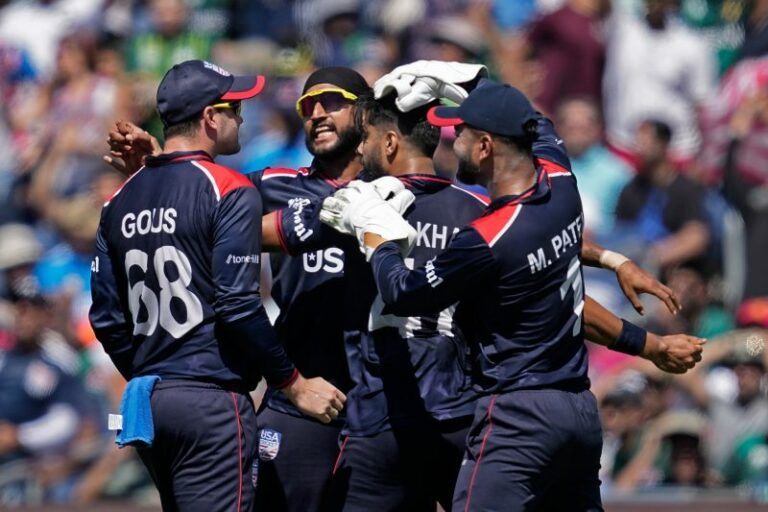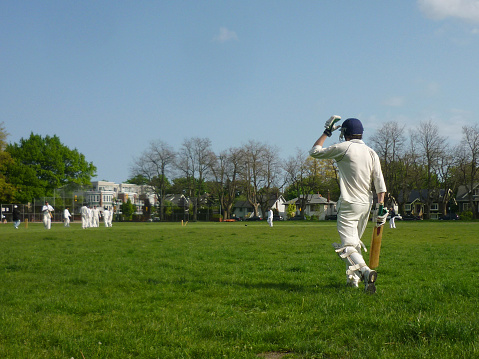Nutrition Considerations for Cricket Players During Periods of Intense Training: Betbhai247, Playexch live, Gold365
betbhai247, playexch live, gold365: Nutrition Considerations for Cricket Players During Periods of Intense Training
Cricket is a physically demanding sport that requires endurance, strength, and agility. As cricket players engage in intense training sessions to improve their skills and performance on the field, it is crucial to pay attention to their nutritional needs to support their training and recovery. In this article, we will discuss important nutrition considerations for cricket players during periods of intense training.
Fueling for Performance
Proper nutrition plays a key role in fueling the body for optimal performance during intense training sessions. Cricket players should focus on consuming a well-balanced diet that includes a mix of carbohydrates, protein, and healthy fats. Carbohydrates are essential for providing quick energy during training sessions, while protein helps with muscle repair and recovery. Including sources of healthy fats, such as avocados and nuts, can help support overall health and performance.
Hydration is Key
Staying hydrated is critical for cricket players, especially during intense training sessions in hot weather. Dehydration can significantly impact performance and increase the risk of injury. Players should aim to drink plenty of water throughout the day and during training sessions to maintain optimal hydration levels.
Timing of Meals and Snacks
Eating meals and snacks at the right times can help fuel performance and support recovery. It is important for cricket players to consume a balanced meal that includes carbohydrates, protein, and vegetables about 2-3 hours before training sessions. Snacking on a combination of carbohydrates and protein, such as yogurt with fruit or a protein bar, can help maintain energy levels during training.
Post-Training Recovery
After intense training sessions, the body needs nutrients to support recovery and muscle repair. Consuming a meal or snack that includes carbohydrates and protein within 30 minutes to an hour after training can help replenish energy stores and support muscle recovery. Including sources of antioxidants, such as berries or leafy greens, can also help reduce inflammation and support overall recovery.
Supplements
While a well-balanced diet should be the primary focus for cricket players, supplements can be used to fill nutrient gaps or support specific needs. It is important for players to work with a sports dietitian or healthcare provider to determine if they have any nutrient deficiencies or if they would benefit from specific supplements, such as vitamin D or omega-3 fatty acids.
FAQs
Q: Should cricket players consume caffeine before training sessions?
A: While caffeine can provide a temporary energy boost, it is important for players to be mindful of their caffeine intake and how it may impact their performance and sleep quality.
Q: Are sports drinks necessary for cricket players during training sessions?
A: Sports drinks can be beneficial for replacing electrolytes and carbohydrates during intense training sessions, especially in hot weather. However, water is generally sufficient for hydration in most cases.
Q: How can cricket players ensure they are getting enough protein in their diet?
A: Including sources of lean protein such as chicken, fish, eggs, and plant-based protein sources like tofu and lentils can help cricket players meet their protein needs for muscle repair and recovery.
In conclusion, paying attention to nutrition is crucial for cricket players during periods of intense training to support performance, recovery, and overall health. By focusing on fueling properly, staying hydrated, and timing meals and snacks strategically, players can optimize their training and be better prepared for game day. Working with a sports dietitian or healthcare provider can help players create a personalized nutrition plan that meets their individual needs and goals.







